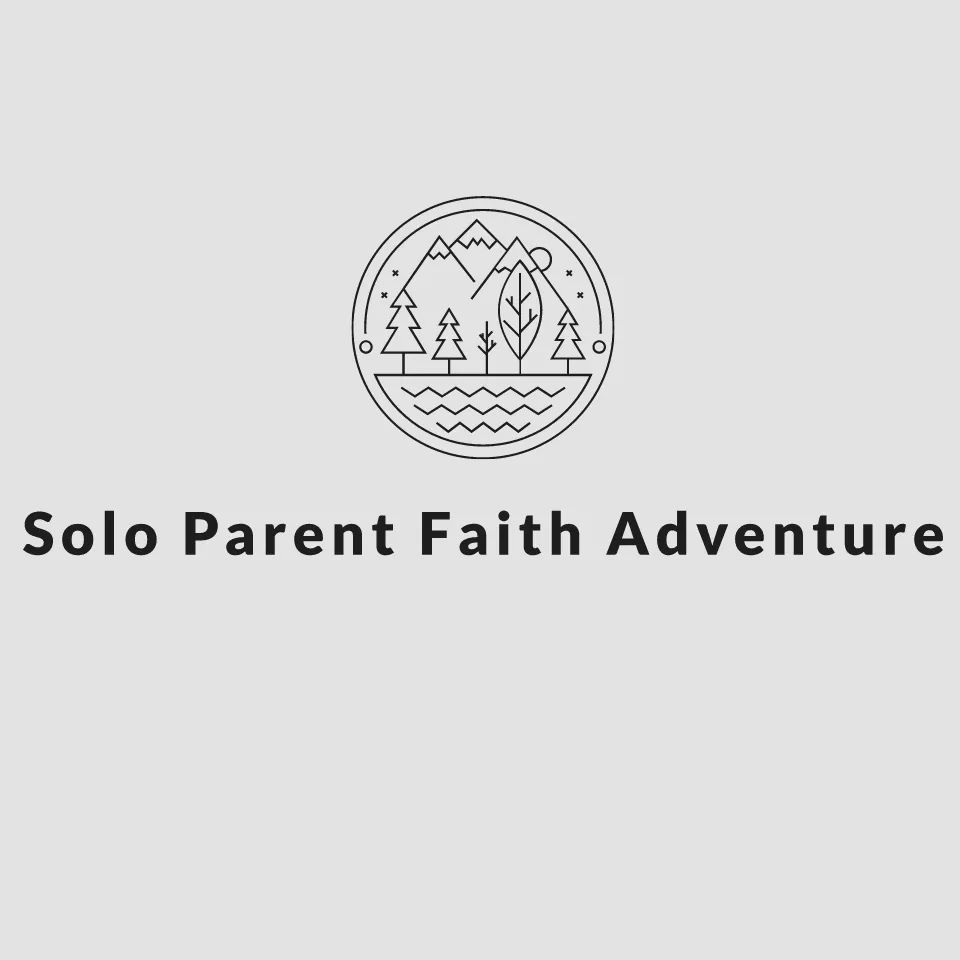Our world view
- Dawn Savidge

- Aug 13, 2019
- 2 min read
Updated: May 22, 2022
If you look at a map of the world we are so used to seeing us at the centre. The world looks a familiar place and very often we don’t appreciate the beauty of it. Now try looking at the world map where the North Pole is at the centre. Suddenly what was once familiar we now see with fresh eyes.

I wonder how many of us no longer see what’s around us. The things that we walk past every day: the hurts, problems and issues in our own cities, towns, villages and homes. I wonder what it would take to have a new view of the places that we live and love.
I work in the centre of Leeds. Homelessness and poverty is a huge issue as it is for many cities across the UK. One day I stood and watched a neatly dressed gentleman sat on the floor with a cardboard cup begging for money. My heart broke when I witnessed how many people ignored him. They didn’t even stop to acknowledge him or look in his direction. Was it the fact that he was neatly dressed and therefore to the judgemental eye “not homeless”? Was it the fear of having someone interrupt our routine and having to reach out? Was it that people are just desensitised to the image of a homeless man begging that they no longer see?
We know the issues that are tearing our world apart. Homelessness, poverty, benefit systems, mental health issues in children and adults, broken families, hate, racism, politics; they are just a few issues which I’m sure you could add more. My question is, when did these become issues so normal that we now no longer see them. Or we see the issues but we don’t recognise the individuals? And how can we stop and start putting the individual instead of the issue in the centre of the picture?
You see we all know the issues. We all know the hurts. We’ve often been there ourselves. But sometimes the issues just seem too big to face. It’s easier to point our fingers at politicians that aren’t doing what they promised and systems that are broken. But what if we chose to look smaller. What if we faced the issues one individual at a time?
We talk about spreading news, whether it’s the gospel or the latest trend. The best form of communication is person to person. What if one person transformed their life and then told another and they told another. Would that not be a better way to change the systems from the bottom up?
As a church we see these hurts. We try to help by housing food banks, starting projects that we know will help support. But sometimes we feel powerless and ill-equipped. I want to help you look at the world a little differently so that together we can make an impact.

.png)


Comments